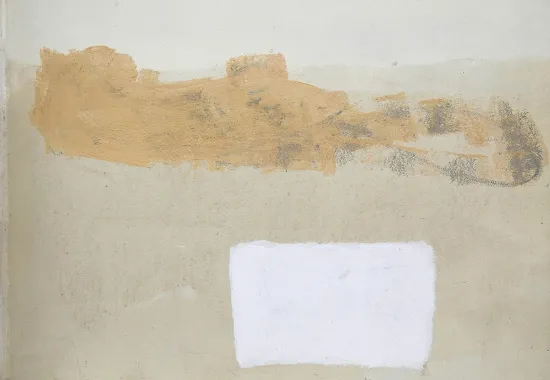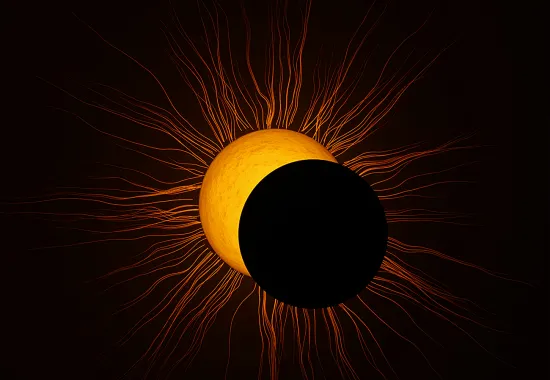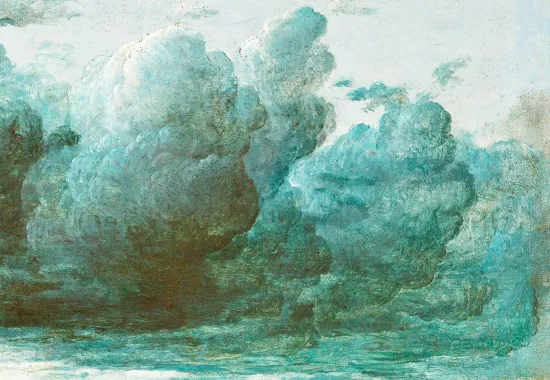Can I Get an Amen?: about "Unrepentant Prayer" from 298.4
I heard on the evening news some time ago a statistic about the large number of people in the United States who describe themselves as being “spiritual but not religious.” Some pundits proclaimed this a sign of our noncommittal times. They denigrated such people as wishy-washy spiritual slackers who wanted the comfort of faith without the discipline and possible sacrifice that adherence to an established religious tradition, complete with dogmas and laws and rules of behavior, might demand.
Being one of those spiritual but not religious folks, I saw things otherwise. And being a writer, I glommed onto the phrase “spiritual slacker” and started working it into a poem that became a kind of prayer – because hell, even a slacker might need one from time to time. That led to a series of prayer poems that range from the sincere to the snarky – with “Unrepentant Prayer” falling, obviously, on the snarky end of the scale. All the poems include or mimic bits of language from the traditional Catholic prayers I learned as a child.
“Bless me, father, for I have sinned” was the standard opening to every confession I ever made – from the time I was seven and preparing for the big deal of my First Holy Communion until I turned fifteen or so, and stopped taking communion and keeping my sins to myself. I was terrified every time I entered one of those dark little booths at the back of the church. I’d kneel and recite the required opening line and then launch into my list of transgressions – what I did that I shouldn’t have done; what I hadn’t done that I should have. The priest hunkered on the other side of the screen would pronounce my penance, say “go and sin no more,” and I’d scoot out of there as fast as I could, happy to breathe the incense-filled air on the other side of the musty red curtain.
Like most good Catholic girls, I accepted the church and its practices. I wore a crucifix, had my own rosary, and gathered with the other girls at school to trade the holy cards we sometimes received as rewards from the nuns the way the boys traded baseball cards (I’ll swap you this lovely Nativity for that Saint Therese). I longed to become a saint and planned to get myself to a nunnery as soon as I was old enough – though the lure of being a hobo or an actress or a doctor or a hairdresser sometimes vied with that religious vocation.
While I would never have dared to openly question the sacrament of confession, there was always a part of me that felt a little confused by the whole thing. If God was omniscient – as we had been taught – didn’t that mean he already knew my sins, even before I committed them? And if He (and God was definitely a he) already knew them, then why did I have to tell them to Father So-And-So, who might believe that a few Our Fathers and Hail Marys were going to ensure I never fought with my brother or said the word shit again, but surely God had to know that was a crock! And if he was all-powerful, as well as omniscient, why didn’t he just stop all the sinning before it happened? Such theological conundrums caused me many sleepless nights. I worried that even mulling these questions over in my own head might amount to “doubting my faith,” which the nuns declared was the worst sin of all, a guaranteed going-to-hell offense.
While I have long lapsed from Catholicism and embraced spirit above institution, I still sometimes ponder the mysteries of life and death, the possibilities of a hereafter, the concept of the sacred. But I also get mightily pissed off at all the holier-than-thou folks who are convinced that their beliefs trump everyone else’s, who think it’s their God-given right to discriminate against and condemn – even kill – in the name of a Supreme Being who always thinks exactly as they do. There seem to be a lot of such folks around these days, and so I offer up my prayer poems as rebuttal, as both “praise and agitation,” as Daisy Fried says in the blurb she was kind enough to write for my newest book, Nowhere All At Once, in which the poems appear. I like the idea of offering up prayers that can be both reverent and sacrilegious – poems that can simultaneously sing glory be and demand to know wtf!
Grace Bauer’s newest book of poems is Nowhere All At Once, just out from Stephen F. Austin State University Press. Previous books include Retreats & Recognitions, Beholding Eye, and The Women At The Well, as well as four chapbooks, most recently, Café Culture, from Imaginary Friend Press. She is also co-editor, with Julie Kane, of Umpteen Ways of Looking at a Possum: Critical and Creative Responses to Everette Maddox. She teaches in the Creative Writing Program at the University of Nebraska-Lincoln. Grace's poem, "Unrepentant Prayer," appeared in issue 298.4 of North American Review.
Painting by Laogorus
Recommended
Mercy
Eclipsing
Psychic Numbing





